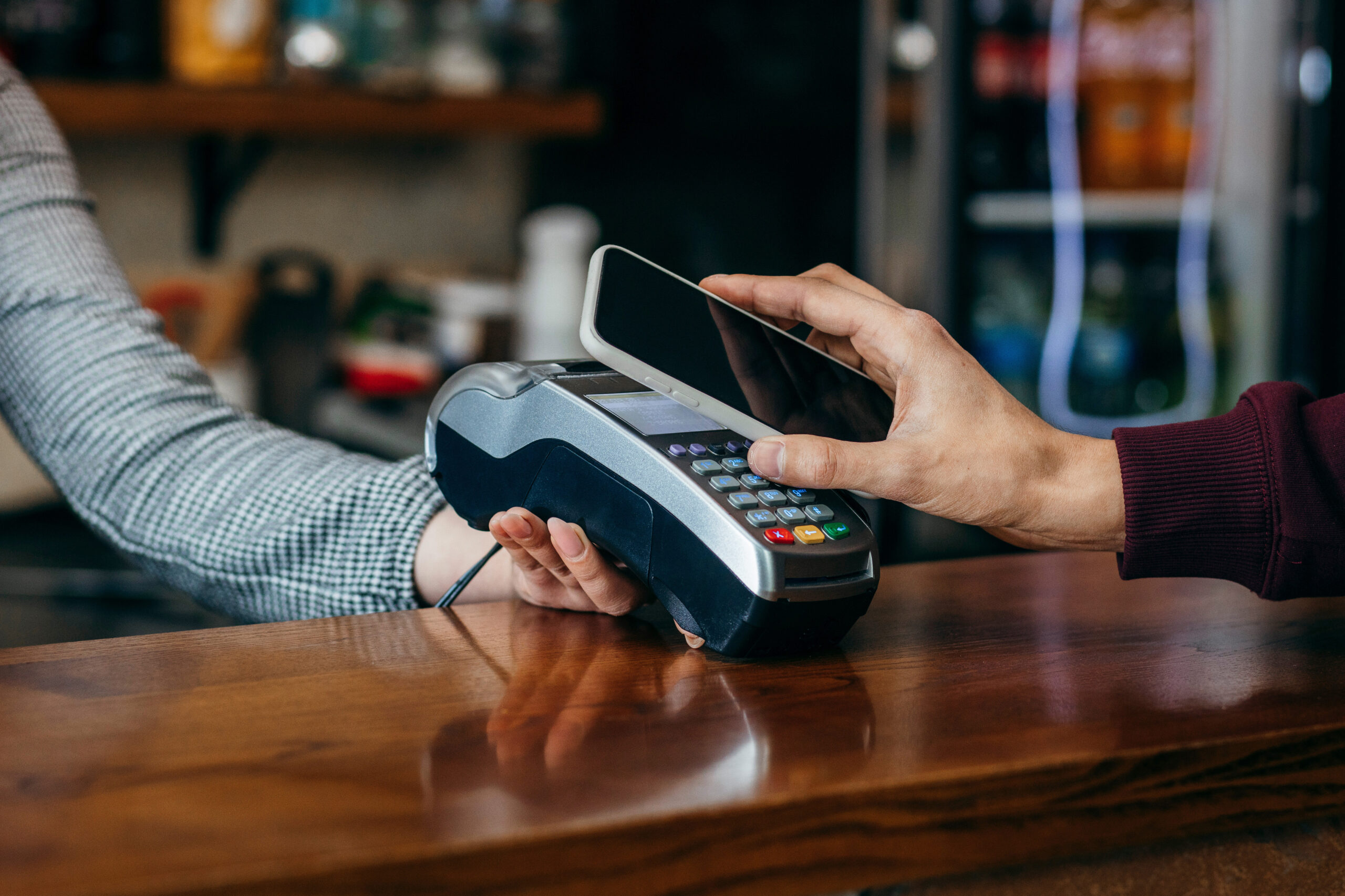Innovative payment processing solutions have revolutionized how businesses operate today, especially in the service industry. As an independent service-based business owner, payment processing is one thing you must pay attention to. Not only do you want to provide the best services to customers, but you also want to ensure the payment process is seamless and secure. That’s why we’ve put together this ultimate guide to help you understand the fundamentals of payment processing and make informed decisions about the payment methods that best meet your needs.
Understanding Payment Processing
Payment processing involves moving money from a customer’s account to your business account. Businesses that offer payment processing services either partner with payment processing companies or handle transactions directly. You must pay a transaction fee for each transaction processed through these companies.
Types of Payment Processing Services
Providers, including card payments, apps, and bank transfers, offer various payment processing services. Card payments are the most common payment methods used in the service industry because they allow for contactless payments and are convenient for customers; you can also use mobile payment apps.
Payment Processing Solutions
Independent service-based businesses can utilize various payment processing solutions, including POS systems, payment processors, invoicing software, and electronic payment gateways. POS systems are ideal for companies with a physical storefront as they can easily accept card payments. Payment processors are cloud-based platforms allowing businesses to accept online and in-person payments. Invoicing software, on the other hand, is ideal for service-based businesses as it will enable you to send invoices, set payment deadlines, and receive payments.
Different Payment Methods
Every payment method has its benefits and limitations. For example, credit card payments offer convenience and security, but they also attract processing fees, chargebacks, and fraud. Cash payments come with no fees but are less secure and harder to process.
Ensuring Secure and Safe Transactions
Security and safety should always be a top priority when processing payments. For secure payments, there are many methods businesses can invest in: PCI DSS compliance, chip and PIN authentication, SSL encryption, and two-factor authentication.
A reliable payment processing system can make or break your independent service-based business. Using the right payment processing solution can enhance customer loyalty, protect your business from fraud, streamline transactions, and provide customers with a safe and secure payment experience. With this guide, you can make informed decisions about payment processing solutions and methods that best suit your business needs.

